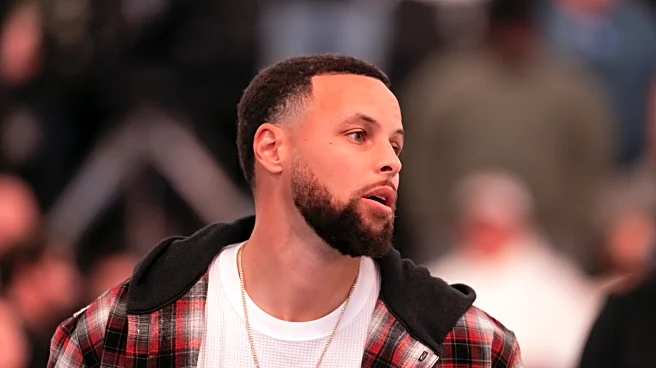What's Happening?
Rhode Island has introduced a new tax on luxury second homes, dubbed the 'Taylor Swift tax,' as part of its 2026 state budget. This tax targets non-owner-occupied properties valued over $1 million, imposing an annual charge of $2.50 for every $500 of value above the first million. The initiative aims to generate revenue to support housing for others and discourage 'lights-out' neighborhoods. Homes rented for more than half the year are exempt from the levy. The tax is named after Taylor Swift due to her ownership of a high-profile mansion in the state, although it applies to all luxury second homes. Other states like Montana and regions like Cape Cod are considering similar measures.
Why It's Important?
The 'Taylor Swift tax' reflects a growing trend among U.S. states to address housing affordability by taxing luxury properties. This approach aims to redistribute wealth and encourage year-round occupancy, potentially benefiting local economies by increasing demand for services. However, critics argue it could deter high-value buyers, impacting local businesses reliant on seasonal residents. The tax represents a politically palatable tool for states under pressure to tackle housing issues without raising taxes on local families.
What's Next?
The effectiveness of the 'Taylor Swift tax' will be tested as states monitor revenue generation and behavioral changes among luxury homeowners. If successful, it could lead to broader adoption of similar taxes across the U.S., influencing property market dynamics and potentially increasing rental availability. Stakeholders, including real estate agents and local businesses, will closely watch the impact on the high-end market and seasonal economies.










